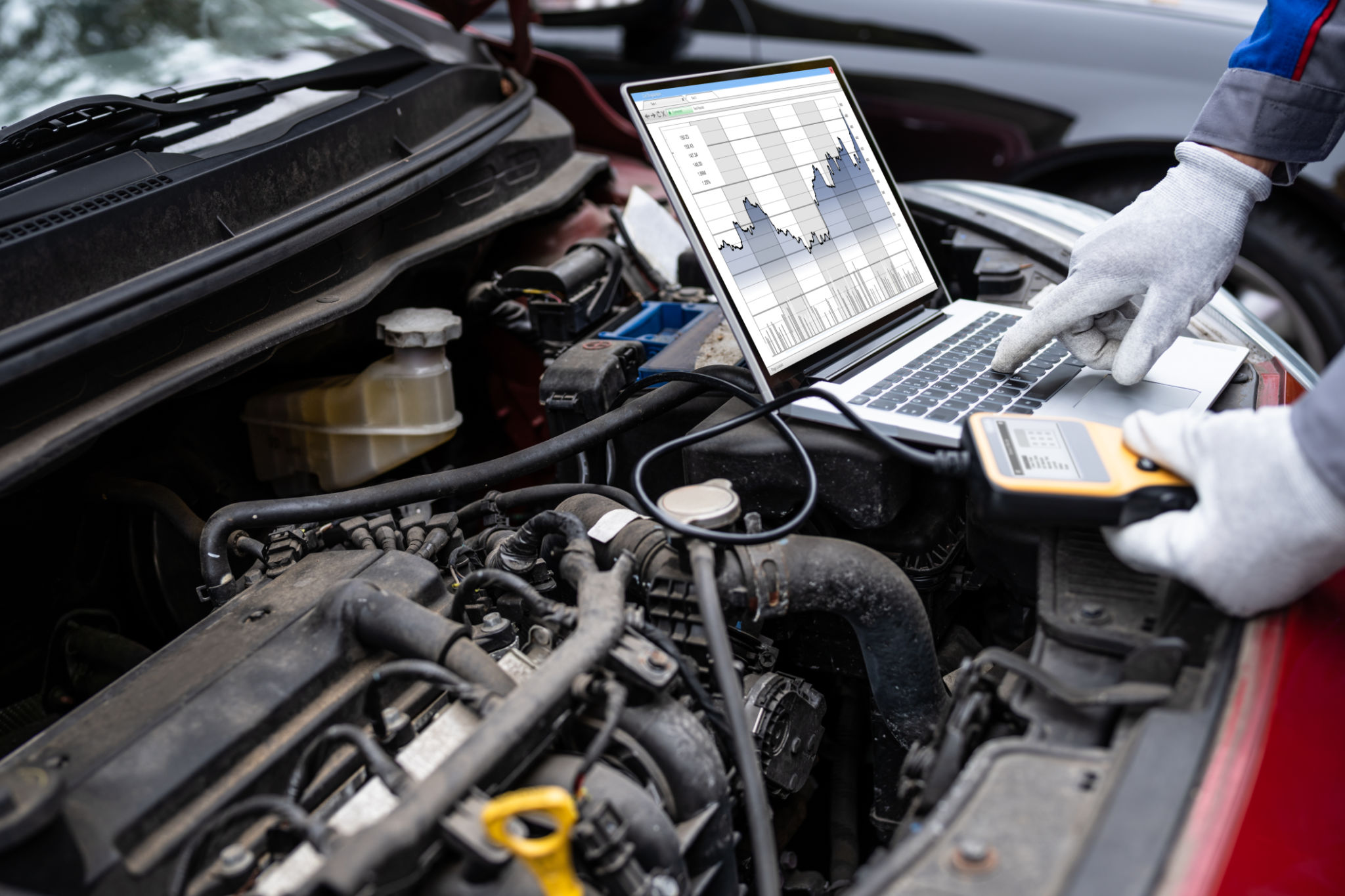Seasonal Piano Care: Preparing Your Instrument for New York Winters
Understanding the Impact of Winter on Pianos
New York winters can be harsh, and these chilly months bring unique challenges for piano owners. The combination of cold temperatures and fluctuating humidity levels can affect the performance and longevity of your piano. Understanding how these factors impact your instrument is crucial for maintaining its condition.
One of the biggest threats to your piano during winter is the dry air, which can cause the wood to shrink and crack. This can lead to tuning issues and even structural damage over time. Additionally, metal components like strings and pins might contract, affecting the tension and resulting in a change in sound.

Maintaining Optimal Humidity Levels
Managing humidity is critical when caring for your piano during winter. Ideally, the humidity levels in the room where your piano resides should be kept between 40% and 50%. This helps prevent the wood from drying out and reduces the risk of damage.
To achieve this balance, consider using a humidifier in the room. If you have a larger space, a whole-home humidification system might be more effective. Regularly monitor humidity levels with a hygrometer to ensure they remain consistent.
Installing a Piano Humidity Control System
An alternative solution is installing a piano-specific humidity control system. These devices, often referred to as "piano life savers," can be placed inside or underneath your piano. They work by maintaining a steady level of moisture around the instrument, safeguarding it from the drying effects of winter air.

Positioning Your Piano Properly
The placement of your piano plays a significant role in its care during winter. Avoid positioning your piano near windows, doors, or heating vents where temperature fluctuations are more pronounced. Sudden changes in temperature can cause the wood to expand and contract, leading to potential damage.
Keeping your piano away from direct heat sources like radiators or fireplaces is also essential. Excessive heat can exacerbate the drying effects of winter air, making proper placement crucial for your piano's health.
Regular Tuning and Maintenance
Despite taking preventive measures, it's important to schedule regular tuning sessions with a professional technician. Pianos naturally go out of tune over time, but winter conditions can accelerate this process. Regular check-ups will ensure your instrument stays in optimal condition throughout the season.

Additional Tips for Winter Piano Care
In addition to managing humidity and proper placement, there are other steps you can take to protect your piano during New York winters:
- Keep the lid closed: This helps protect the strings and soundboard from dust and sudden changes in temperature.
- Use a piano cover: A cover provides an extra layer of insulation against cold air.
- Avoid moving the piano: Relocating your piano during winter can expose it to temperature shocks.
By following these tips, you can ensure that your piano remains in excellent condition, ready to produce beautiful music no matter how cold it gets outside.

